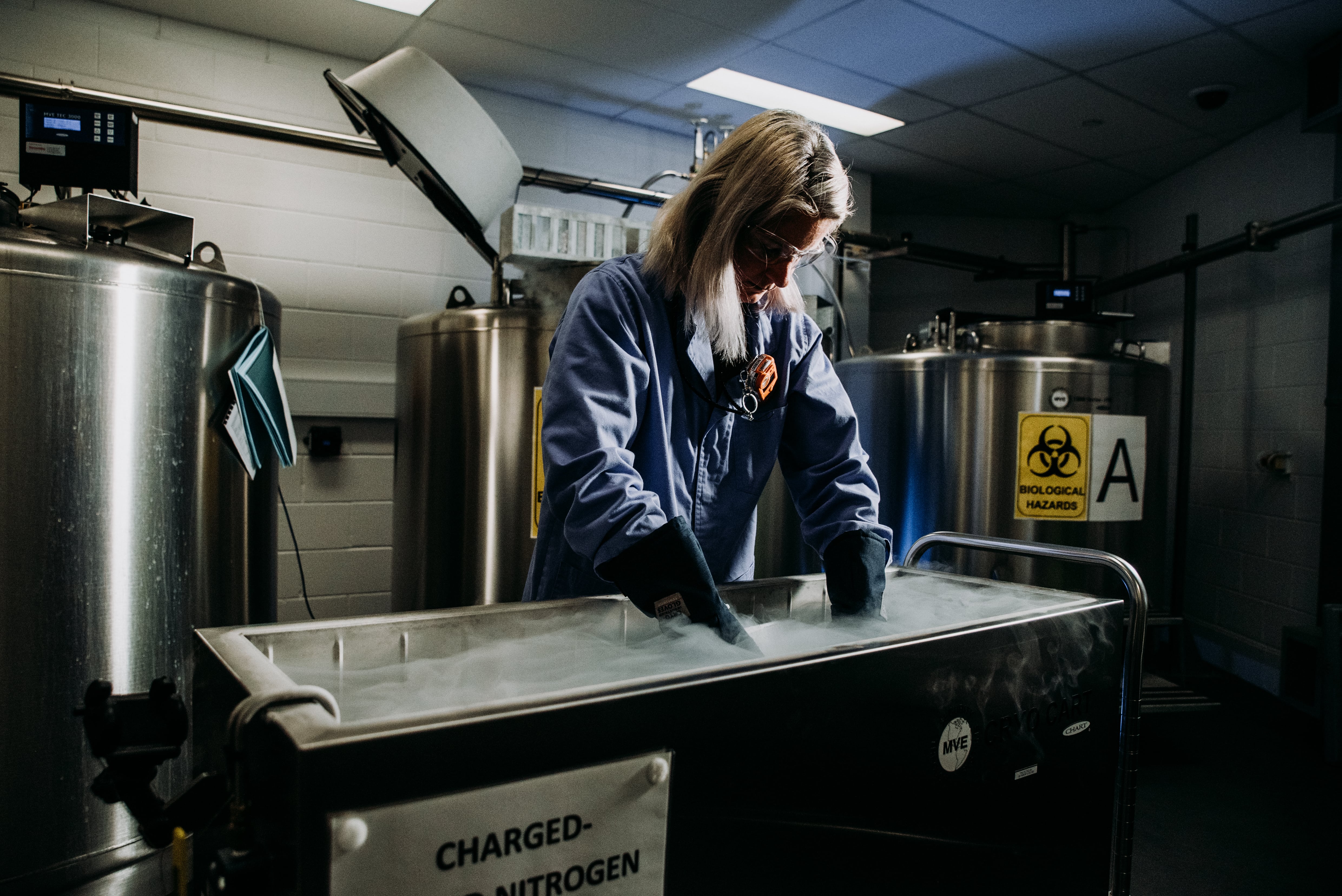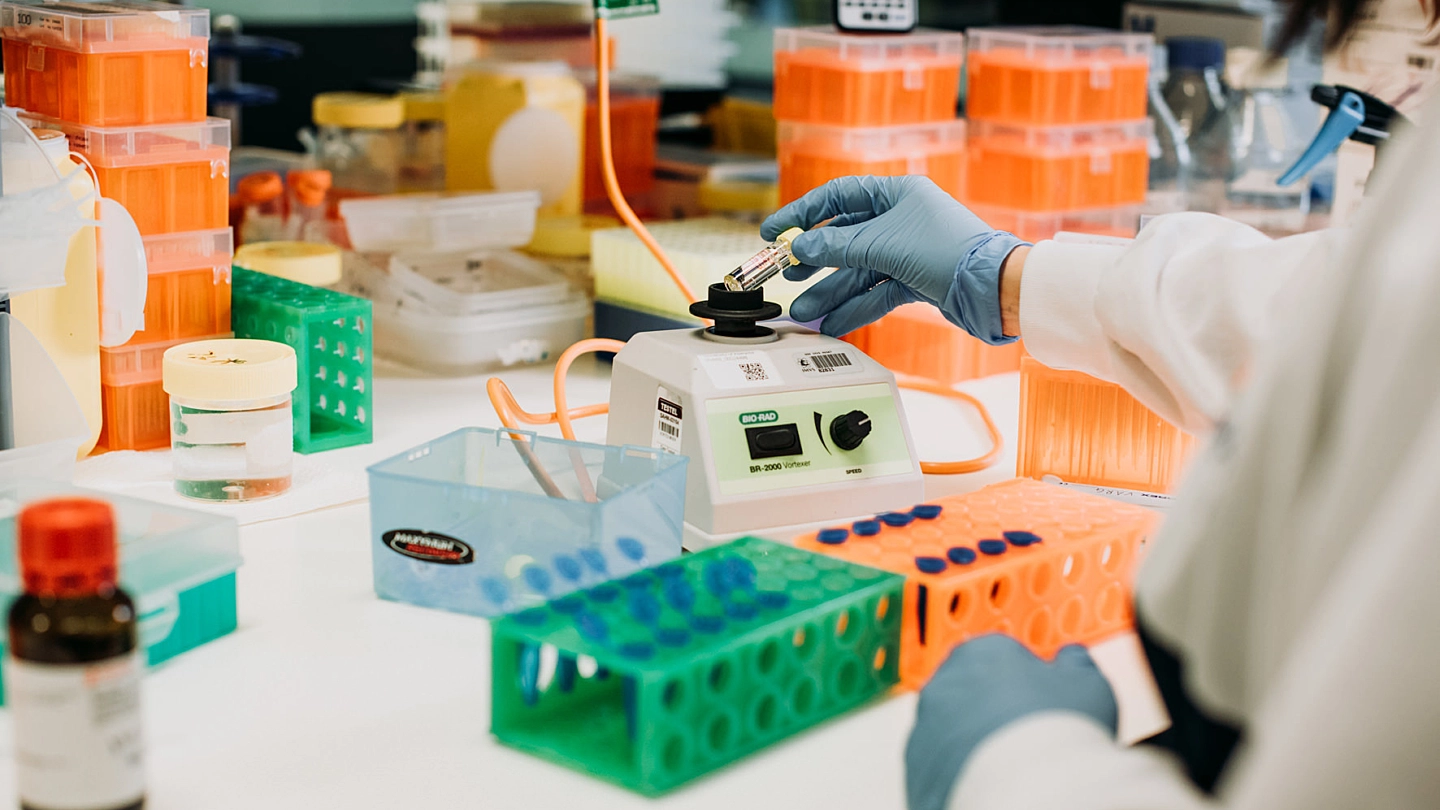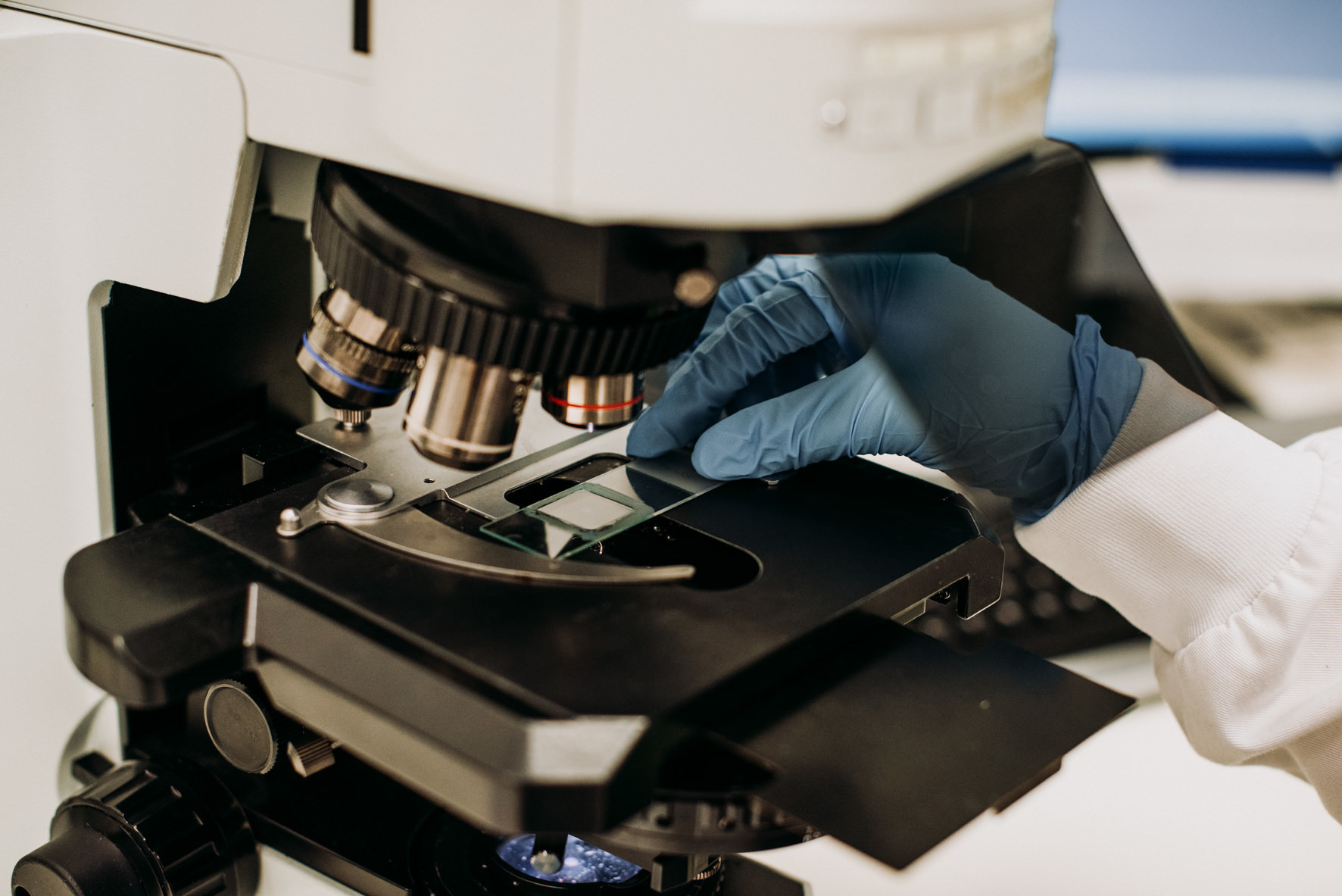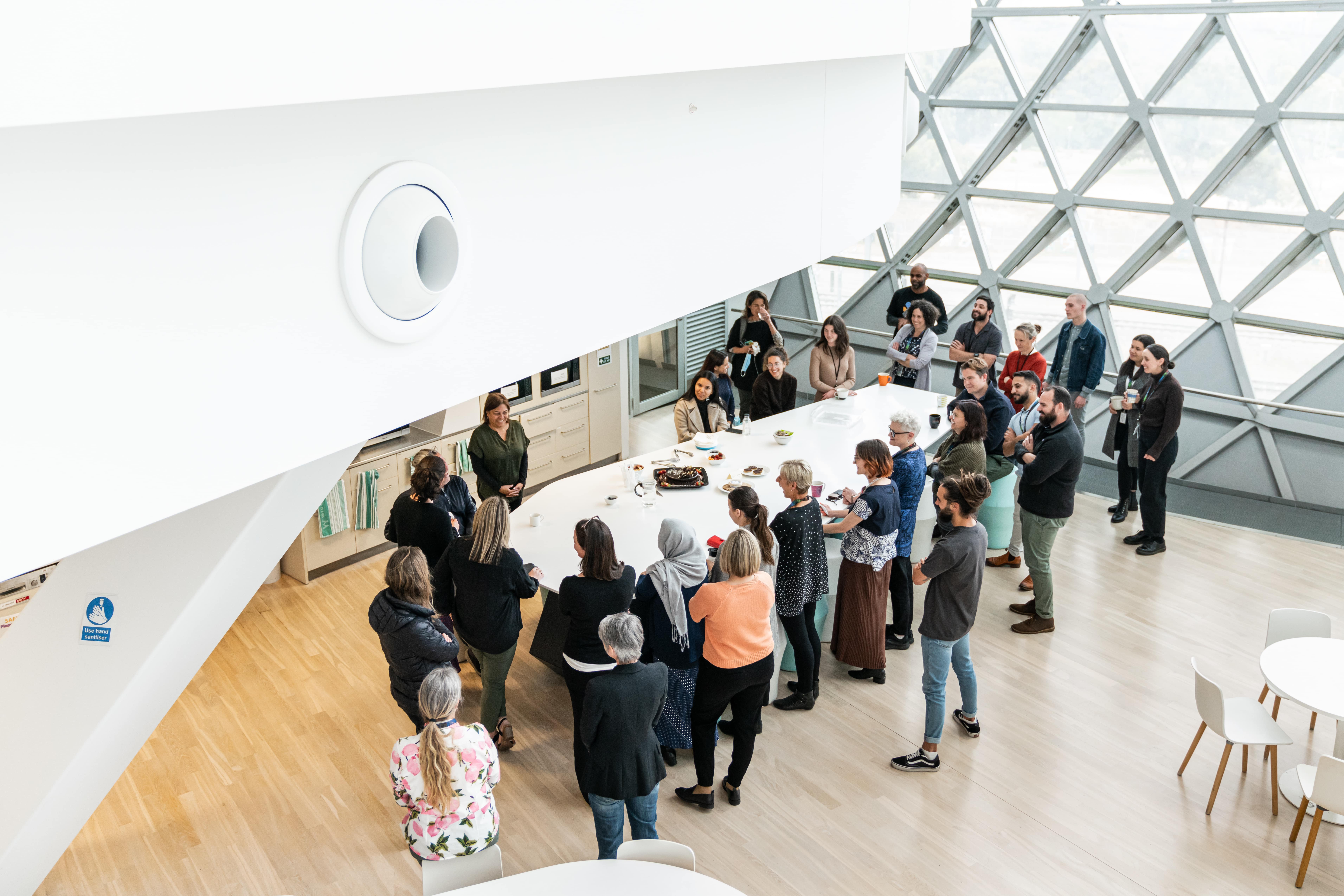Prostate cancer is a major public health issue for Australian men. It kills approximately 3,300 Australians annually.

The Prostate Cancer Research Group is focussed on improving the clinical management of prostate cancer through development of new treatment strategies and more accurate, non-invasive methods to monitor the disease and how patients respond to treatment.
A cornerstone of the group's internationally-recognised research is the unique patient-derived explant (PDE) model it has developed. This novel preclinical model of prostate cancer uses human tissue that is further cultivated in the laboratory. This improves the clinical relevance of data and increases the likelihood that the group’s research discoveries will translate to clinical practice.
While early stage cancers can be treated with surgery, advanced and metastatic cancers are treated with drugs which block the actions of male hormones, known as androgens. Androgens, such as testosterone and dihydrotestosterone, are critical for normal prostate development and for the growth of prostate cancers.
Drugs which target androgen pathways in prostate cancer cells are initially effective, however patients eventually relapse and progress to an incurable stage of the disease. More research is needed to identify the cellular processes controlled by androgens that may promote prostate cancer growth and survival, and be more selective therapeutic targets. A major focus of these efforts is lipid metabolic pathways, which the group is trying to better understand and exploit to improve outcomes for men with prostate cancer.
The group's research aims to not only determine the effectiveness of new drugs undergoing clinical development but also to develop robust diagnostic tests to better predict cancer behaviour and assess response to treatment with existing and new prostate cancer drugs.





